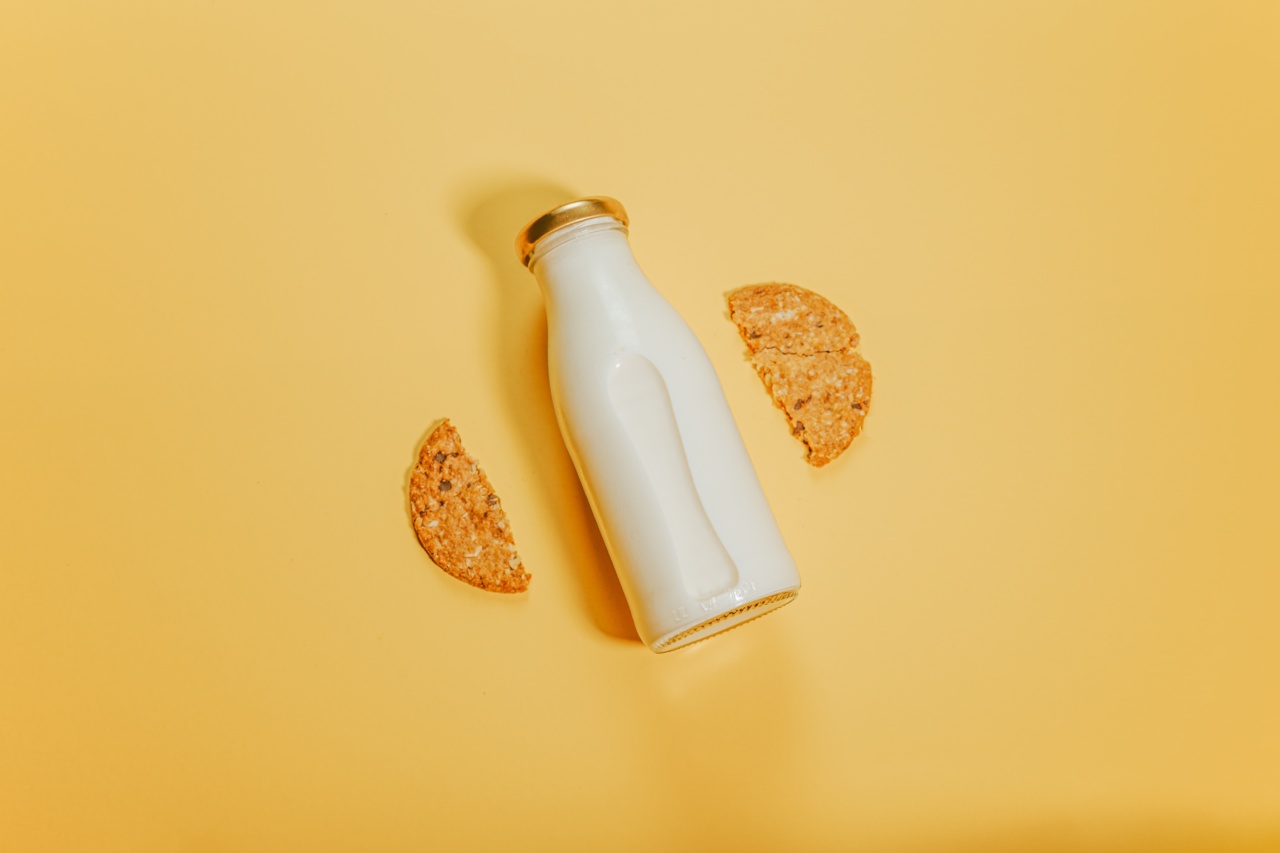Depression affects millions of people worldwide, and its causes are varied and complex.
While factors such as genetics, environment, and life experiences can contribute to depression, scientists are increasingly studying the link between nutritional deficiencies and depression. Diet is an essential part of health, and a lack of certain vitamins and minerals can have a significant impact on our emotional wellbeing. In this article, we explore some of the key nutritional deficiencies linked to depression.
Vitamin D
Vitamin D, also known as the sunshine vitamin, plays an important role in the functioning of the brain and nervous system.
According to research, low levels of vitamin D have been linked to depression, with those suffering from depression often having low levels of the vitamin. Adequate exposure to sunlight is one of the primary ways the body synthesizes vitamin D, but it can also be obtained from certain foods like fatty fish, eggs, and fortified dairy products.
If you suspect you have low vitamin D levels, speak with your doctor about supplementation and increasing your intake of vitamin D-rich foods.
Vitamins B1, B6 and B12
It’s essential to get enough B vitamins, particularly B1, B6 and B12 to maintain a healthy nervous system and support brain function.
According to research, a deficiency in any of these vitamins can result in mood changes, anxiety, irritability, and depression. Foods rich in these vitamins include meat, fish, poultry, nuts, seeds, soybeans, and whole grains. Vegans can struggle to get enough vitamin B12 since it doesn’t occur naturally in plant foods.
Therefore, they may have to take dietary supplements to ensure they’re getting enough.
Magnesium
Magnesium is an important electrolyte mineral involved in many bodily processes, including relaxation, muscle function, and maintaining healthy sleep patterns. Studies have shown that individuals suffering from depression often have low levels of magnesium in their blood. Foods high in magnesium include nuts, seeds, avocado, spinach, and whole grains.
Also taking a dietary supplement may help to increase levels of magnesium and alleviate some symptoms of depression.
Omega-3 Fatty Acids
Omega-3 fatty acids are essential fats that play a crucial role in brain function and human growth and development. Studies have suggested that people with depression often have low levels of omega-3 fatty acids in their blood.
Foods rich in omega-3 include fatty fish, plant-based oils, nuts, and seeds. It’s also possible to take supplements like fish oil capsules to increase your omega-3 levels.
Iron
Iron deficiency, also known as anemia, is another nutritional deficiency linked to depression. A lack of iron can cause a range of symptoms, including fatigue, irritability, and lack of energy.
Red meat, leafy greens, nuts, and eggs are all good sources of iron. However, excessive consumption of red meat is also linked to other chronic diseases, so it’s essential to maintain a balanced diet.
Zinc
Zinc is crucial for maintaining a healthy immune system and supporting brain function. Studies have shown that people with depression often have lower levels of zinc, and zinc supplementation can alleviate some symptoms of depression.
Foods rich in zinc include oysters, beef, lamb, nuts, and whole grains.
Vitamin C
Vitamin C, also known as ascorbic acid, is an essential vitamin needed for growth and development. It also plays an essential role in immune function and the production of neurotransmitters that regulate mood.
Although it’s uncommon to have a vitamin C deficiency, individuals with depression often have low levels of the vitamin. Foods high in vitamin C include citrus fruits, strawberries, kiwi, broccoli, spinach, and bell peppers.
What to Do if You Suspect a Nutritional Deficiency?
If you’re experiencing symptoms of depression or suspect you might have a nutritional deficiency, it’s essential to speak with your doctor.
They can perform tests and make recommendations for dietary changes or supplements to help alleviate symptoms. Maintaining a healthy and balanced diet can have a significant impact on your mental health and overall wellbeing.
The Bottom Line
Nutritional deficiencies can have a significant impact on your emotional wellbeing and be a contributing factor to depression.
A balanced diet rich in vitamins B, C, D, and E, magnesium, zinc, iron, and omega-3 fatty acids can help alleviate symptoms of depression and improve overall mental and physical health.






























